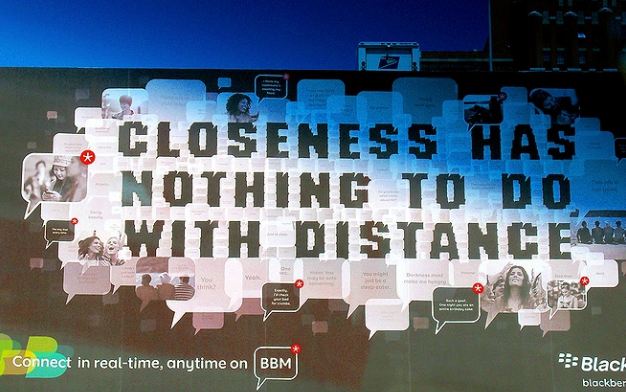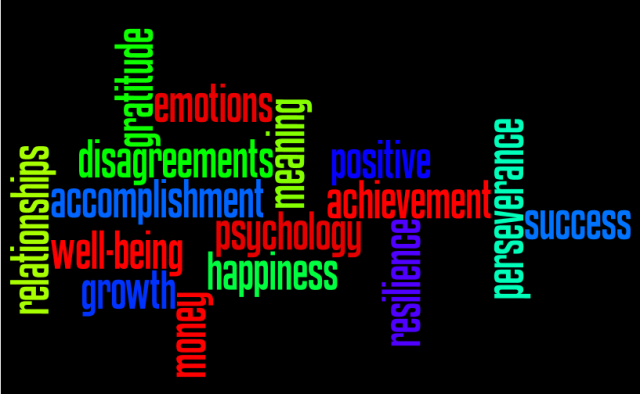 Saying good bye to my son and his adorable Yorkshire Terrier puppies this morning, I felt hollow.
Saying good bye to my son and his adorable Yorkshire Terrier puppies this morning, I felt hollow.
He went back home to L.A. even though the concept of “home” is unclear. After all , the Northern California home is his home, too.
Our family is used to distance, bi-continental living, time-zones Skype calls and virtual hugs and tenderness. Yet, the physical pain of saying good bye gets harder every time you say it, feeling it in your gut and your heart.
Even though I spend chunks of time in California and have a life and business in Greece, and I am considered the master of expatriate living having spent so much time in other countries – being in control of the physical separation from the ones you love is never easy.
So, how do I cope and is there a secret to making this work?
You need to love unconditionally
In spite of the distance, the time difference, the expense of the telephone call, the “inconvenience” of the moment, you are there available, virtually present, and ready to listen, counsel, guide and console.
“Closeness has nothing to do with distance.”
-Billboard Ad NYC
You need to be focused
Any successful adjustment dominates a niche. Most ideas and their execution fail because they wander around the mind of their creator. They often start as musings and end as a no-show. Is it clear to know what it is you are trying to do where you are going to go?
“One reason so few of us achieve what we truly want is that we never direct our focus; we never concentrate our power. Most people dabble their way through life, never deciding to master anything in particular.”
—Tony Robbins
You need to be determined
Really: why else would you do it? You know there is a goal to this – you can see the end of the road – and something great will come out of it. And at the same time you know that whatever happens, there are certain things you need to try and live and experience.
Because everything we say and do is the length and shadow of our own souls, our influence is determined by the quality of our being.
– Dale Turner
You need to be opinionated
Life is all about opinion. In the world of issues, don’t listen to those who say “you can’t.” It is all about determination, and perseverance and effort – hard and repetitive effort to do what you have set out to do.
“Great spirits have always encountered violent opposition from mediocre minds. The mediocre mind is incapable of understanding the man who refuses to bow blindly to conventional prejudices and chooses instead to express his opinions courageously and honestly.”
—Albert Einstein
So, love in the 21st century, in the global village we all call home. Long live the new rules.

 “A MAN WITH A CONVICTION is a hard man to change. Tell him you disagree and he turns away. Show him facts or figures and he questions your sources. Appeal to logic and he fails to see your point.” So wrote the celebrated Stanford University psychologist
“A MAN WITH A CONVICTION is a hard man to change. Tell him you disagree and he turns away. Show him facts or figures and he questions your sources. Appeal to logic and he fails to see your point.” So wrote the celebrated Stanford University psychologist  Optimism – or rather too much optimism – has been blamed as the cause of many things including the recession, high-risk enterprises and happy go-lucky “
Optimism – or rather too much optimism – has been blamed as the cause of many things including the recession, high-risk enterprises and happy go-lucky “
 What interests me is helping sharp, intelligently curious people overcome barriers that may be keeping them from achieving more. Passion and boldness can make the art and science of leading easier to navigate. So, have fire; feel with your brain; don't be afraid.
What interests me is helping sharp, intelligently curious people overcome barriers that may be keeping them from achieving more. Passion and boldness can make the art and science of leading easier to navigate. So, have fire; feel with your brain; don't be afraid.
